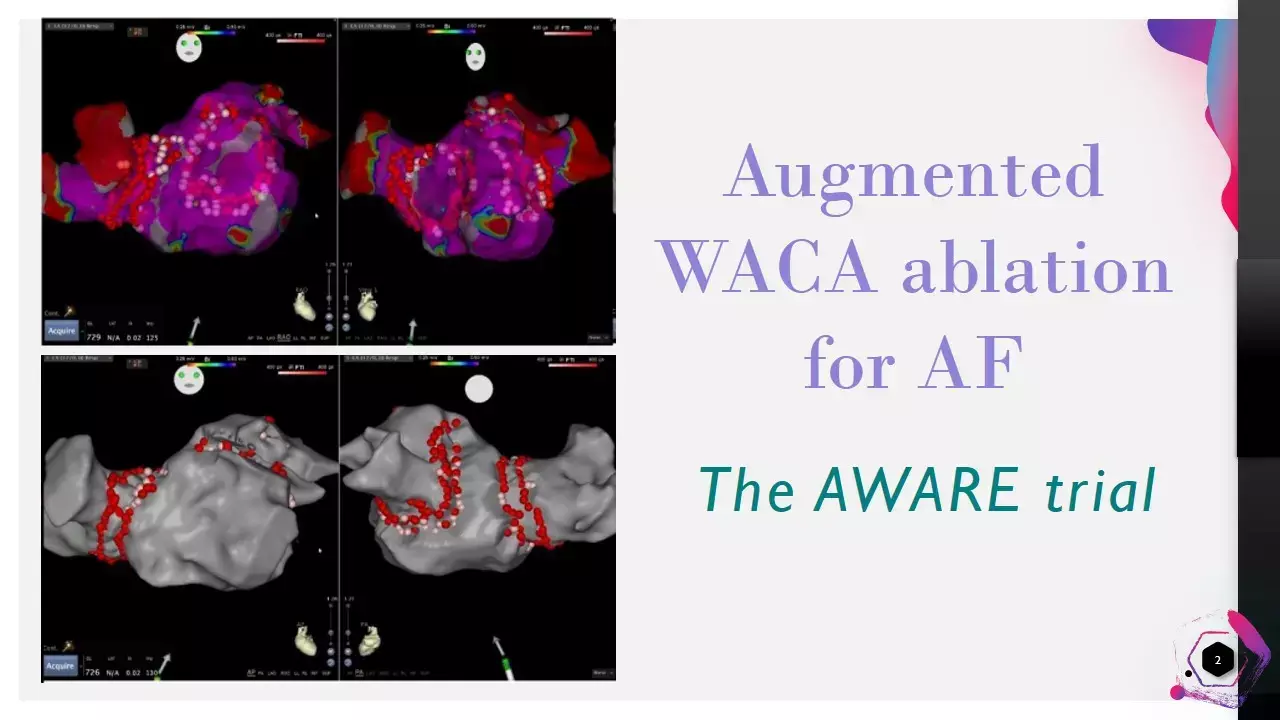- Home
- Medical news & Guidelines
- Anesthesiology
- Cardiology and CTVS
- Critical Care
- Dentistry
- Dermatology
- Diabetes and Endocrinology
- ENT
- Gastroenterology
- Medicine
- Nephrology
- Neurology
- Obstretics-Gynaecology
- Oncology
- Ophthalmology
- Orthopaedics
- Pediatrics-Neonatology
- Psychiatry
- Pulmonology
- Radiology
- Surgery
- Urology
- Laboratory Medicine
- Diet
- Nursing
- Paramedical
- Physiotherapy
- Health news
- Fact Check
- Bone Health Fact Check
- Brain Health Fact Check
- Cancer Related Fact Check
- Child Care Fact Check
- Dental and oral health fact check
- Diabetes and metabolic health fact check
- Diet and Nutrition Fact Check
- Eye and ENT Care Fact Check
- Fitness fact check
- Gut health fact check
- Heart health fact check
- Kidney health fact check
- Medical education fact check
- Men's health fact check
- Respiratory fact check
- Skin and hair care fact check
- Vaccine and Immunization fact check
- Women's health fact check
- AYUSH
- State News
- Andaman and Nicobar Islands
- Andhra Pradesh
- Arunachal Pradesh
- Assam
- Bihar
- Chandigarh
- Chattisgarh
- Dadra and Nagar Haveli
- Daman and Diu
- Delhi
- Goa
- Gujarat
- Haryana
- Himachal Pradesh
- Jammu & Kashmir
- Jharkhand
- Karnataka
- Kerala
- Ladakh
- Lakshadweep
- Madhya Pradesh
- Maharashtra
- Manipur
- Meghalaya
- Mizoram
- Nagaland
- Odisha
- Puducherry
- Punjab
- Rajasthan
- Sikkim
- Tamil Nadu
- Telangana
- Tripura
- Uttar Pradesh
- Uttrakhand
- West Bengal
- Medical Education
- Industry
Double ablation does not improve AF recurrence rates compared to standard regimens: AWARE trial

Catheter ablation for atrial fibrillation (AF) is limited by AF recurrence in an estimated 11% to 47% of patients. Can an augmented (double) wide-area circumferential ablation (WACA) set reduce atrial arrhythmia recurrence in patients with paroxysmal atrial fibrillation?
The recently published AWARE trial has shown that additional ablation by performing a double ablation lesion set does not result in improved freedom from recurrent atrial arrhythmias (AA) compared with a standard single ablation set. The trial has been published in JAMA Cardiology journal.
Pulmonary vein isolation (PVI) is the cornerstone of catheter ablation techniques that have proven efficacious for patients with paroxysmal AF, but pulmonary vein (PV) electrical reconnection is the most common factor responsible for AF recurrence after ablation. Adenosine testing– and contact force–guided PVI are the most useful adjunctive measures to ensure durable PVI during ablation. However, even with contact force and adenosine testing to guide PVI, the 1-year recurrence rate of AF remains 33% to 40%.
The Augmented Wide Area Circumferential Catheter Ablation for Reduction of Atrial Fibrillation Recurrence (AWARE) trial compared the standard of care ablation technique of adenosine-guided wide-area circumferential ablation (WACA) with a novel augmented (double) WACA technique. The hypothesis was that the wider area of atrial ablation would increase the chance of durable PVI, thereby resulting in reduction of atrial arrhythmias (AA) (atrial tachycardia, atrial flutter, or AF) without affecting procedural safety.
This was a pragmatic, multicenter, prospective, randomized, open, blinded end point superiority clinical trial. Patients were randomized (1:1) to receive radiofrequency catheter ablation for pulmonary vein isolation with either a standard single WACA or an augmented double WACA.
The primary outcome was AA recurrence between 91 and 365 days postablation. Patients underwent 42 days of ambulatory electrocardiography monitoring after ablation. Secondary outcomes included need for repeated catheter ablation and procedural and safety variables.
Of 398 patients, 195 were randomized to the single WACA (control) and 203 to the double WACA (experimental) arm.
Overall, 26.7% in the single WACA arm and 24.6% in the double WACA arm had recurrent AA at 1 year (P = 0.64). 10.3% in the single WACA arm and 7.4% in the double WACA arm underwent repeated catheter ablation (relative risk, 0.72).
Adjudicated serious adverse events occurred in 13 patients (6.7%) in the single WACA arm and 14 patients (6.9%) in the double WACA arm.
To summarise the results, in patients with paroxysmal AF, an ablation strategy using routine delivery of a second circumferential line of ablation did not show any additional benefit in preventing AA recurrence at 1 year.
More is not always better:
“This (results) suggests that more is not necessarily better when it comes to ablation of paroxysmal AF. This message is consistent with results of the Substrate and Trigger Ablation for Reduction of Atrial Fibrillation (STAR AF II) RCT in patients with persistent AF that failed to show benefit of additional extra-pulmonary ablation lesion sets”, note the authors in discussion. They further add, “this suggests that here may be a ceiling effect to the single procedure success of empirical WACA in patients with paroxysmal AF”.
Overall, these findings are consistent with prior research in catheter ablation in patients with persistent AF, where empirical adjunctive ablation strategies failed to reduce AA recurrence.
Source: JAMA Cardiology: doi:10.1001/jamacardio.2023.0212
MBBS, MD , DM Cardiology
Dr Abhimanyu Uppal completed his M. B. B. S and M. D. in internal medicine from the SMS Medical College in Jaipur. He got selected for D. M. Cardiology course in the prestigious G. B. Pant Institute, New Delhi in 2017. After completing his D. M. Degree he continues to work as Post DM senior resident in G. B. pant hospital. He is actively involved in various research activities of the department and has assisted and performed a multitude of cardiac procedures under the guidance of esteemed faculty of this Institute. He can be contacted at editorial@medicaldialogues.in.
Dr Kamal Kant Kohli-MBBS, DTCD- a chest specialist with more than 30 years of practice and a flair for writing clinical articles, Dr Kamal Kant Kohli joined Medical Dialogues as a Chief Editor of Medical News. Besides writing articles, as an editor, he proofreads and verifies all the medical content published on Medical Dialogues including those coming from journals, studies,medical conferences,guidelines etc. Email: drkohli@medicaldialogues.in. Contact no. 011-43720751


